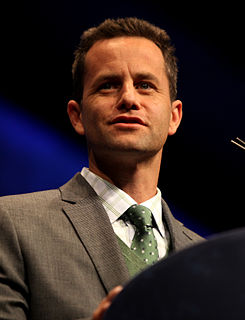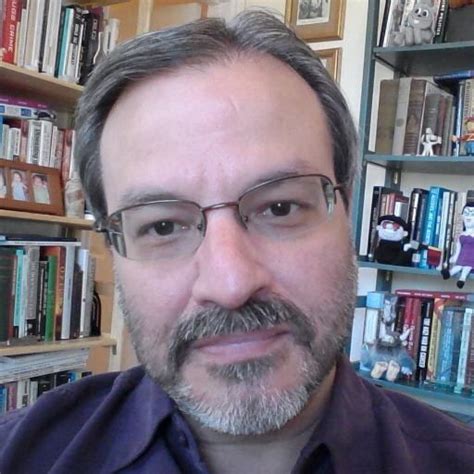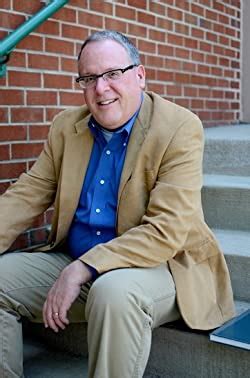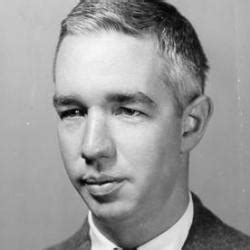A Quote by Kirk Cameron
It is my goal to love everyone. I hate no one. Regardless of their race, religion, their proclivities, the desire of their heart and how they want to live their life and the decisions that they make. I can even respect people's decisions and lifestyle choices just as I hope they have the courtesy to respect my decisions and my choices.
Related Quotes
If the fact that people make poor decisions is reason enough for the government to second-guess their decisions about dangerous activities such as smoking cigarettes and riding motorcycles, why on earth should the government let people make their own choices when it comes to such consequential matters as where to live, how much education to get, whom to marry, whether to have children, which job to take, or what religion to practice?
My own personal view is that people ought to have the right to enter into any kind of relationship they want to enter into. With respect to how that's affected or regulated by the State, those are State decisions. Different States are likely to make different decisions based upon their own wishes and desire of the people of the State, and that's perfectly acceptable.
Most of us think that decisions such as where shall I live, with whom shall I partner, what shall I pick as a career for my life are the most important decisions that we make. But from the point of view of the universe these decisions are not that important. Within you, you have already made decisions about who you are, what the universe is and how you will relate to other people and how you will relate to the universe and these decisions are creating consequences in your life moment by moment.
The most valuable insight I have made about how people make decisions is that when they become skilled they don't have to make decisions - choices between options. Instead, they can draw on experience and the patterns they have acquired to recognize what to do, ignoring other options. This is the basis of the Recognition-Primed Decision (RPD) model my colleagues and I described thirty years ago.
I think normally people think that they're afraid to die but I actually think people are more afraid to live. People are more afraid to make the choices that they want because they're very hard decisions to make in order to be happy. I think a lot of people are really afraid of that. It's easy to be in a band because you have a lot of things to hide behind so that's really not always living...that doesn't always constitute as living life the way you want. But at times you have to make decisions that sometimes hurt others in order to live.
The modern joint stock firm is the outcome of innumerable decisions made by individual entrepreneurs, owners and managers. For these decision makers the choices among alternatives were limited and the outcomes uncertain, but almost always there were choices. Despite the variability of these individual decisions, taken cumulatively they produced clear patterns of institutional change




































